SRD SASSA stands for Social Relief of Distress from the South African Social Security Agency. It is a form of temporary financial assistance provided by the South African government’s Social Development Department.
It’s offered to individuals and households in dire need of support due to unexpected life events or crises. This includes unemployment, illness, natural disasters, or other emergencies.
SASSA operates under the auspices of the South African Department of Social Development. Its main objective is to ensure that social assistance programs are delivered efficiently and effectively to eligible beneficiaries.
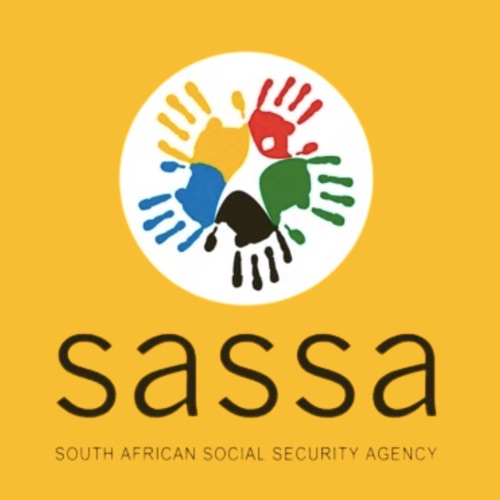
What Social Assistance Programs Exist Under SRD SASSA?
South Africa has several social assistance programs aimed at providing financial support to vulnerable individuals and households. Some of the key programs include:
- Child Support Grant (CSG): This is a monthly grant paid to caregivers of children under the age of 18 who meet certain eligibility criteria.
- Old Age Pension: A grant provided to elderly individuals who have reached retirement age and who meet certain criteria.
- Disability Grant: A monthly grant provided to individuals who are permanently disabled and unable to work.
- Foster Child Grant: This is a grant paid to foster parents or caregivers of children who have been placed in their care by a court.
- Care Dependency Grant: This grant provides support to caregivers of children with severe disabilities or medical conditions.
- Social Relief of Distress Grant (SRD): This is a temporary grant provided to individuals and households in dire need of financial support due to unexpected life events or crises.
- Grant-in-Aid: This grant is provided to individuals who require assistance with their daily activities due to a physical or mental disability.
These social assistance programs are managed by the South African Social Security Agency (SASSA). They are intended to help alleviate poverty and provide support to those who need it most.
Useful Links
What is the Remit of the South African Department of Social Development?
The South African Department of Social Development is responsible for formulating and implementing policies and programs aimed at promoting social development, protecting vulnerable individuals and groups, and reducing poverty and inequality. Some of the key areas of focus for the Department include:
- Social Assistance: The Department is responsible for administering social assistance programs, such as grants for the elderly, children, people with disabilities, and those in need of temporary relief.
- Child Protection: The Department is tasked with protecting the rights and welfare of children. This includes preventing child abuse and neglect, providing alternative care for children in need, and promoting adoption and foster care.
- Social Welfare Services: The Department provides a range of social welfare services, such as counseling, rehabilitation, and support to individuals and families in need, including victims of violence, abuse, and substance abuse.
- Social Policy and Planning: The Department is responsible for developing and implementing social policies and plans aimed at addressing social challenges and promoting social development.
- Community Development: The Department supports community-based organisations and initiatives aimed at promoting community development, social cohesion, and empowerment.
Overall, the Department of Social Development plays a critical role in promoting social justice, protecting the most vulnerable members of society, and supporting the overall development and well-being of South Africa’s citizens.
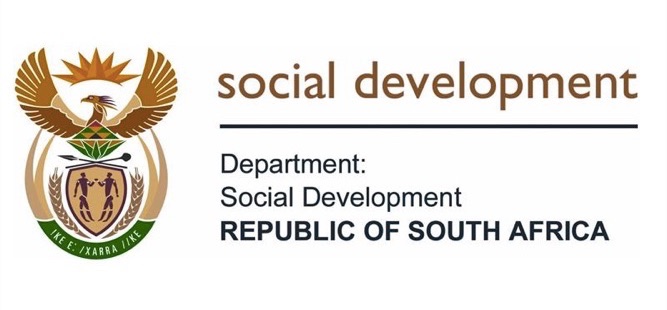
Poverty in South Africa
Poverty remains a major challenge in South Africa, despite some progress made over the years. According to the 2021 South African Poverty and Inequality Report, which is produced by Statistics South Africa, about 26.5% of the population (13.8 million people) lived below the upper-bound poverty line in 2020.
The upper-bound poverty line is defined as the minimum amount of money needed to purchase a basket of basic goods and services that are considered essential for a decent standard of living. In 2020, this was set at R1,227 (about $83) per person per month.
Furthermore, poverty is not evenly distributed across the country. Certain provinces and demographic groups experiencing higher poverty rates than others. For example, the poverty rate in the Eastern Cape province is much higher than the national average. While children, women, and black South Africans are more likely to be affected by poverty than other groups.
In addition to income poverty, there are also other forms of deprivation and inequality. This includes lack of access to basic services like clean water, sanitation, and healthcare. As well as limited educational and employment opportunities. These factors contribute to the ongoing challenge of poverty reduction in South Africa.

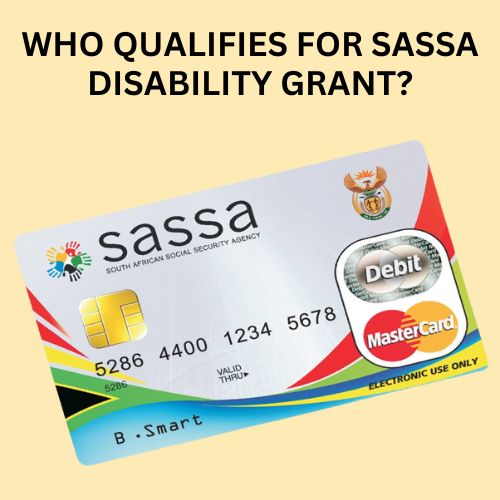
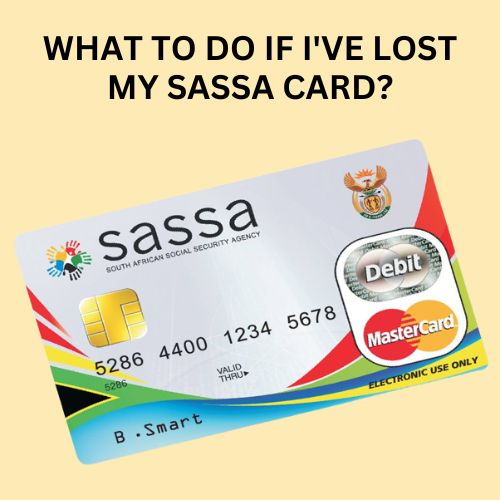
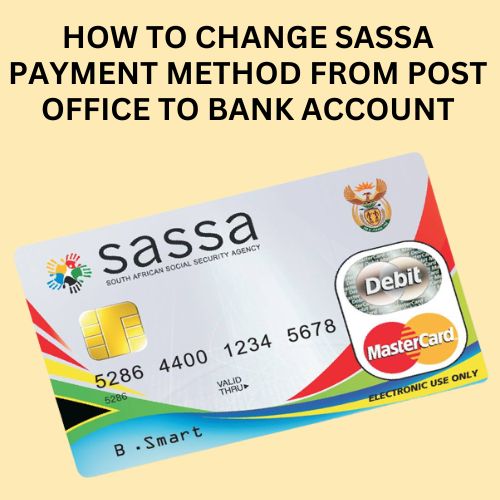
Help what can I do my Sim card for the Srd grant it’s was stone and I don’t remember the number because that Sim card its was my new number